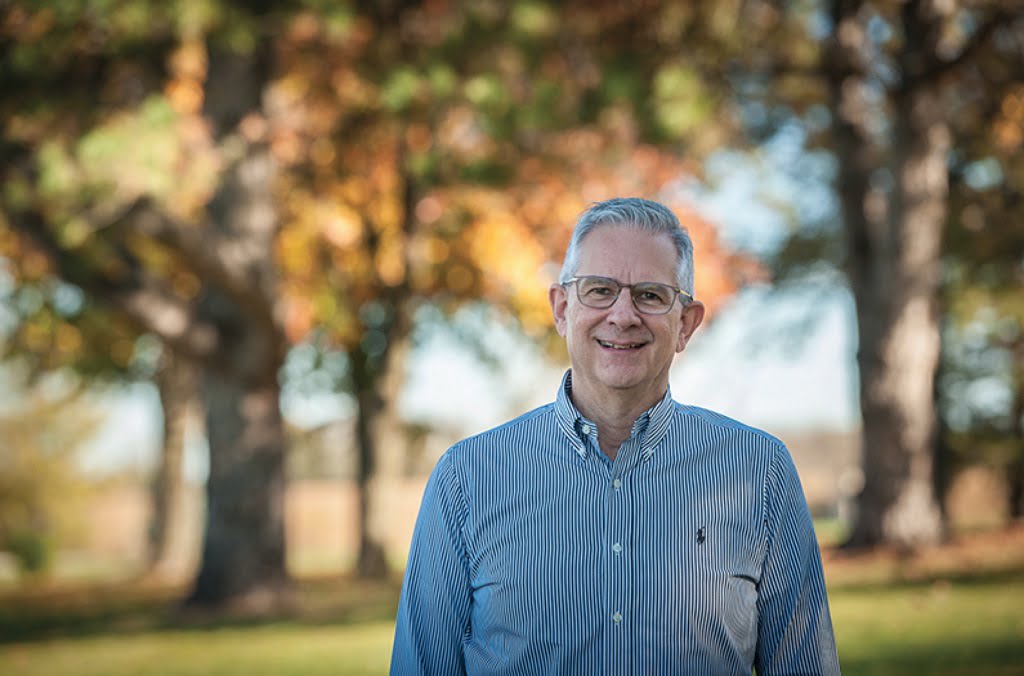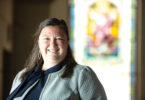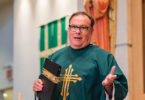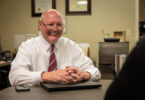
by Tom Racunas
It was 4 p.m. on Dec. 3. I had just finished writing my article (not this article) for The Leaven.
I wanted to get it done before the weekend. I had prayed to the Holy Spirit, our source for inspiration, before I started writing.
I didn’t listen quietly enough, deeply enough or wait patiently enough for that inspiration. I got it written. It took me about two hours.
It was an OK article. Not my best writing, but acceptable and I reasoned that it had a good Advent message that some people would enjoy.
I saved it and went up to help my wife with dinner. I thought, I’ll ask Becki to read it later to see if she thinks it’s good enough. (She tells it to me straight.)
After dinner, I was checking Facebook posts. There was a post from the National Catholic Partnership on Disability indicating that Dec. 3, 2020, was the International Day of Persons with Disabilities. It contained a link to Pope Francis’ message to mark this occasion.
I read it and reread it. Such beautiful words. Such meaningful words. Such powerful words.
The Holy Spirit intervened. I didn’t need to ask Becki to read my just OK article. I knew you needed to read the Holy Father’s words. So at 7:20 p.m., I started over.
In his message, Pope Francis said that special attention should be given to persons with disabilities who have not yet received the sacraments of initiation.
He noted that “no one should be excluded from the grace of these sacraments.” (In October, I wrote about a similar statement that appears in the new edition of the National Directory of Catechesis.)
He also quoted his latest encyclical, “Fratelli Tutti,” which points out that “many persons with disabilities feel that they exist without belonging and without participating.
“Much still prevents them from being fully enfranchised. Our concern should be not only to care for them, but also to ensure their ‘active participation’ in the civil and ecclesial community.
“That is a demanding and even tiring process, yet one that will gradually contribute to the formation of consciences capable of acknowledging each individual as a unique and unrepeatable person” (FT, 98).
The Holy Father went on to say: “I also encourage efforts to provide all priests, seminarians, religious, catechists and pastoral works with regular training concerning disabilities and the use of inclusive pastoral tools.
“Parish communities should be concerned to encourage among the faithful a welcoming attitude toward people with disabilities.”
Certainly, the archdiocesan special-needs ministry alone, or in collaboration with other offices of the curia, is ready and willing to do just that.
Pope Francis continues to challenge us to reach out, seek and receive the gifts of the most vulnerable, the marginalized, those on the periphery. He continues to emphasize that every one of us is perfect in the eyes of God. All are welcome. All belong.
Thank you, Holy Spirit! For Pope Francis’s full statement, go online here.






